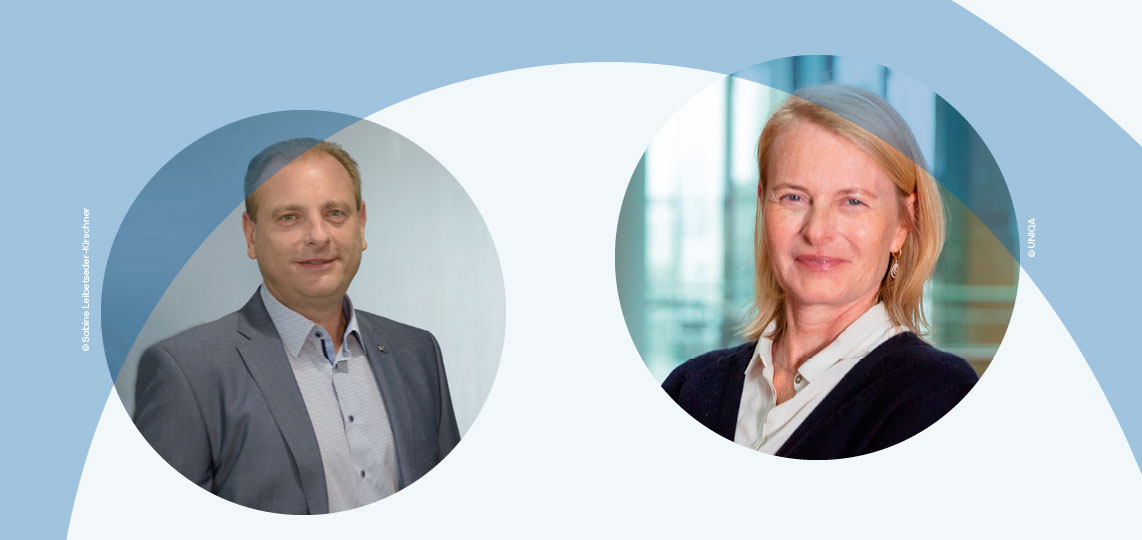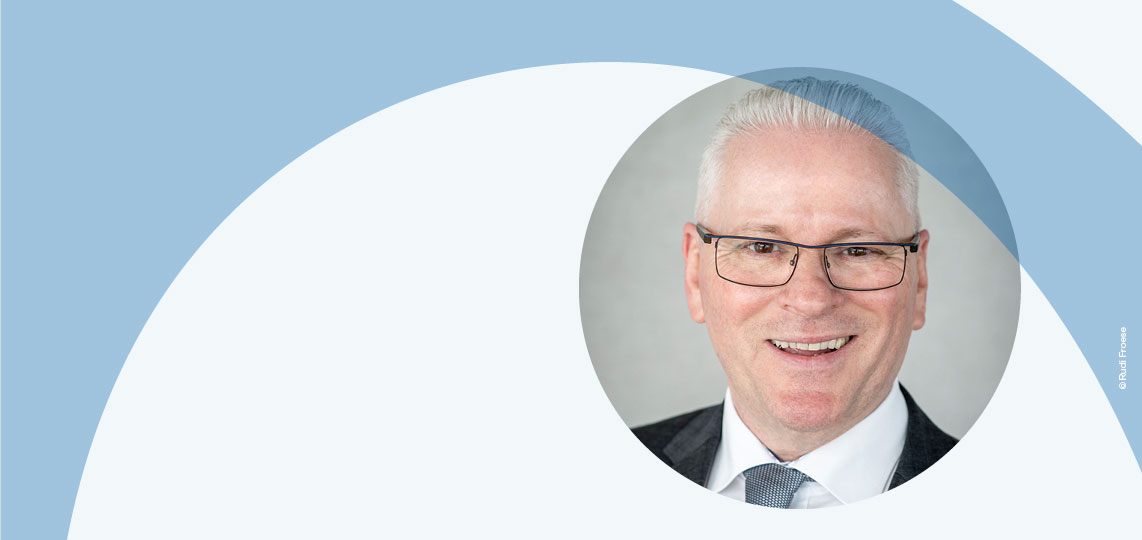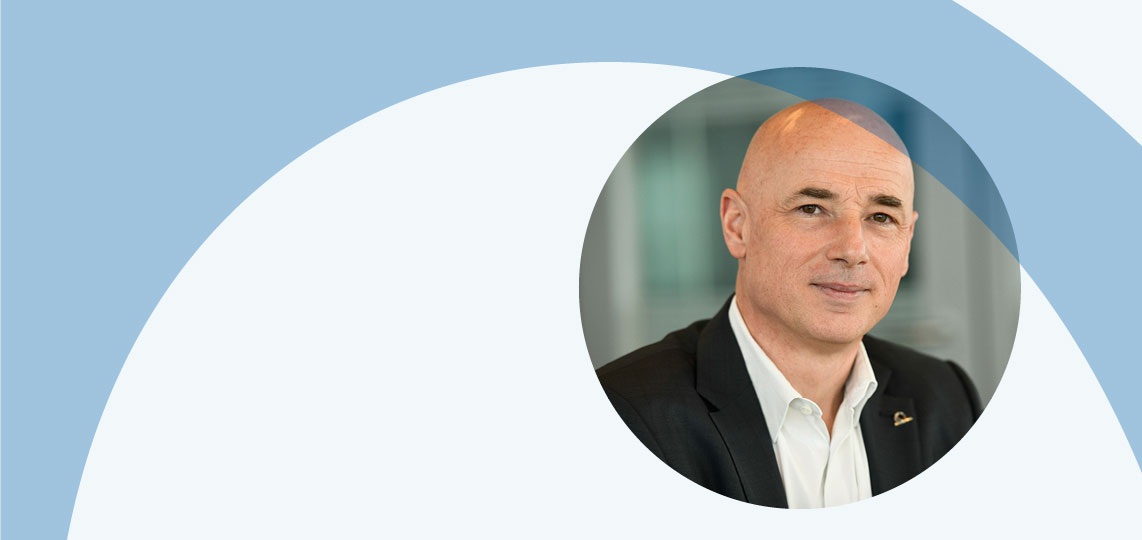
Interview: The future of customer service is hybrid
Read interview



Is diversity just a buzzword? Not for Ulrike Kienast-Salmhofer. We invited her to a virtual coffee.
Someone who has been working at UNIQA for 27 years will have experienced the odd change. This is particularly true for Ulrike Kienast-Salmhofer. She has been an executive manager for a long time and most recently responsible for customer service and debt collection. Ulrike has been heading the Future of Work department since August 2020 and is as such our officer for inclusion and diversity.
It is the first time that we have a role dedicated to diversity. But it was already on the cards: UNIQA has changed enormously over the past three decades. At the time diversity was not even a concept. 'Perhaps it was homogeneity that was the goal', muses Ulrike. After all, the insurance industry was 'a house with a strong sense of tradition, and in Austria it was also a male domain. Diversity was somehow limited to visually impaired people working the switchboard', says Ulrike.

However, the changing times and UNIQA's strong internationalisation have significantly contributed to the need for more diversity. And now it's Ulrike's job to ensure that the positive development continues. Is there really still so much that needs to change? 'A lot!' Ulrike assures us.
She started the Diversity @UNIQA project in September 2020 and formulated guiding principles for the future. One focus is on the topics of gender, generations and internationality. She sees these as the main levers. But it shouldn’t stop there: 'If you first open an organisation up to a topic, for example gender, which is easily measurable and affects all employees, then you clear the way for other topics, such as disabilities, or sexual orientations.'
If you first open an organisation up to a topic, for example gender, which is easily measurable and affects all employees, then you clear the way for other topics, such as disabilities, or sexual orientations.
Get a bit of diversity and all's well? Unfortunately it doesn't work that way. Ulrike has identified three important conditions for diversity to actually work:
Diversity is also a personal matter for Ulrike. As a wife and mother she had to realise 'that women too often have to choose between career and family.' This was a strong motivation for her to become active.
She now knows 'that diversity is also important from a business point of view: it generates more ideas, innovation and growth, increases employee satisfaction, leads to better financial results and reduces operational risks. For a group like UNIQA, diversity is not a burden but a driver of success.'
Ulrike also has a tip for UNIQA employees: 'Diversity and inclusion concern us all. Everyone can contribute to making the climate in the company more diverse. What helps is to deal with your own unconscious prejudices in a self-critical manner. Becoming aware of this and paying attention to it is an important first step in this direction. Then you quickly experience how enriching working together in a functioning, diverse team can be.'
Dear Ulrike, thank you for your insight, and for your commitment!
Read interview
Read interview
Read interview

